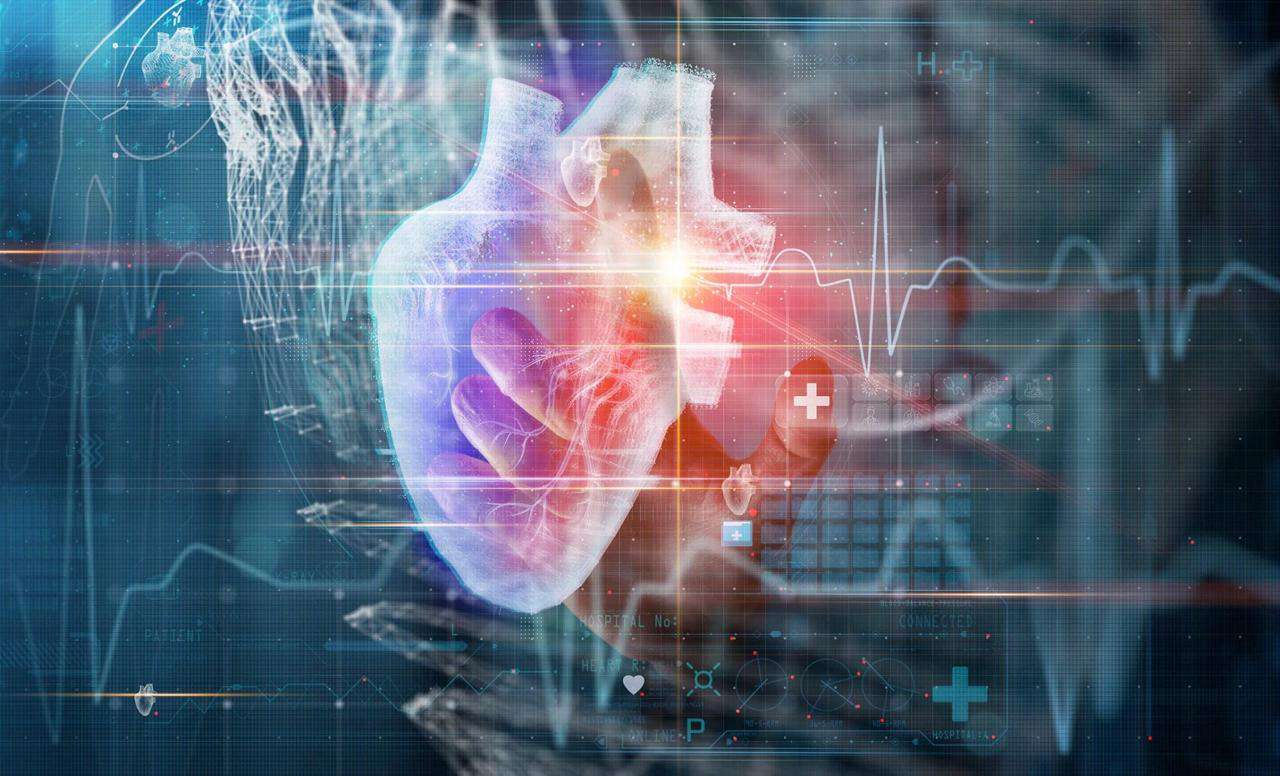An international team of scientists from France and the United States has developed an innovative artificial intelligence system that can warn of the risk of sudden cardiac arrest, according to a study published in the scientific journal The Lancet.
The AI algorithm mimics the brain's work and was trained by analyzing more than 240,000 electrocardiograms. The system focuses mainly on subtle changes in the contraction and relaxation phases of the heart's ventricles.
According to Laurent Fiorina, a Paris Cardiovascular Research Center cardiologist, the development has shown "impressive results." AI accurately predicted 70% of cases of dangerous arrhythmias in the next two weeks and showed only 0.1% of false positives.
It is noted that traditional methods are often powerless to prevent sudden cardiac arrest, as a result of which more than 5 million people die every year. Moreover, many of those affected had no previously diagnosed heart disease.
The next stage of the project is clinical trials. If successful, the system is planned to be integrated into hospital equipment and, in the future, into wearable devices like smartwatches, which will open up the possibility of mass screening and preventive diagnostics.




















